What makes industrial-grade fixed RFID readers durable enough for harsh environments?
1066Learn how industrial-grade fixed RFID readers withstand extreme temperatures, dust, moisture, and vibrations in factories, mines, and outdoor settings.
MoreAll RFID Product
Unlike warehouse or library applications, RFID tags for clothing must endure washing, wearing, and repeated physical contact. Key requirements include:
Washability & Heat Resistance: Essential for home or industrial laundering
Softness & Comfort: Avoids irritating skin and maintains wearability
Secure & Discreet Placement: Tags must be tamper-proof yet invisible or aesthetically acceptable
Traceability & Anti-Counterfeit: Supports brand protection and supply chain transparency
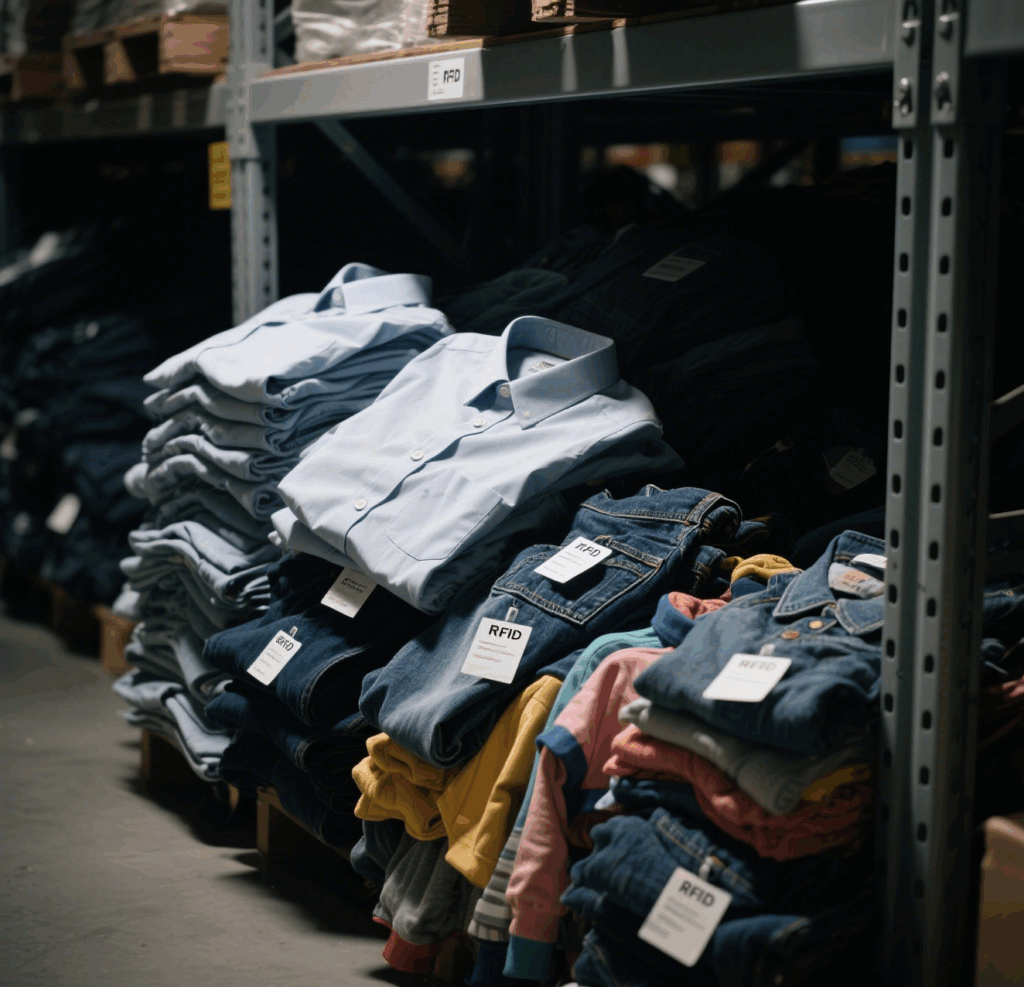
Fabric RFID Labels (Woven or Printed)
Features: Thin, soft, and can be sewn directly into garments
Materials: Polyester, nylon, TPU, or other flexible substrates
Applications: Underwear, baby clothes, sportswear
Advantages: Customizable branding and RFID functionality combined
Limitations: Short read range; best for close-range identification
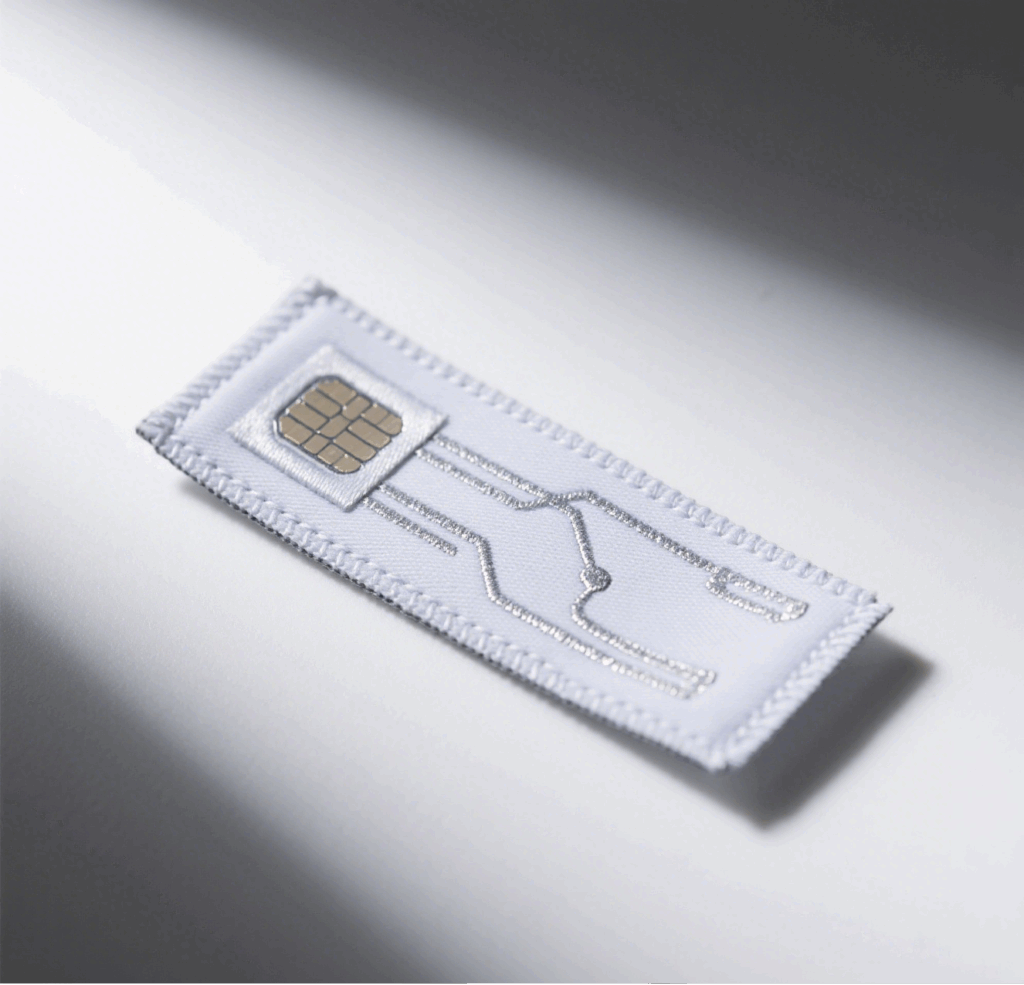
Hang Tag with RFID Inlay
Features: Non-contact reading, easy to detach after sale
Materials: Paper or plastic cards with embedded RFID inlay
Applications: Retail inventory, anti-theft at point of sale
Advantages: Low-cost, easily printed or branded
Limitations: Not washable; removed after purchase

Embedded RFID Tags (Integrated/Inlay)
Features: Integrated into fabric layers; invisible from outside
Materials: Bonded with fabric or TPU layers
Applications: Uniforms, smart wearables, premium apparel
Advantages: Hidden, tamper-proof, durable
Limitations: Must be embedded during manufacturing; adds complexity
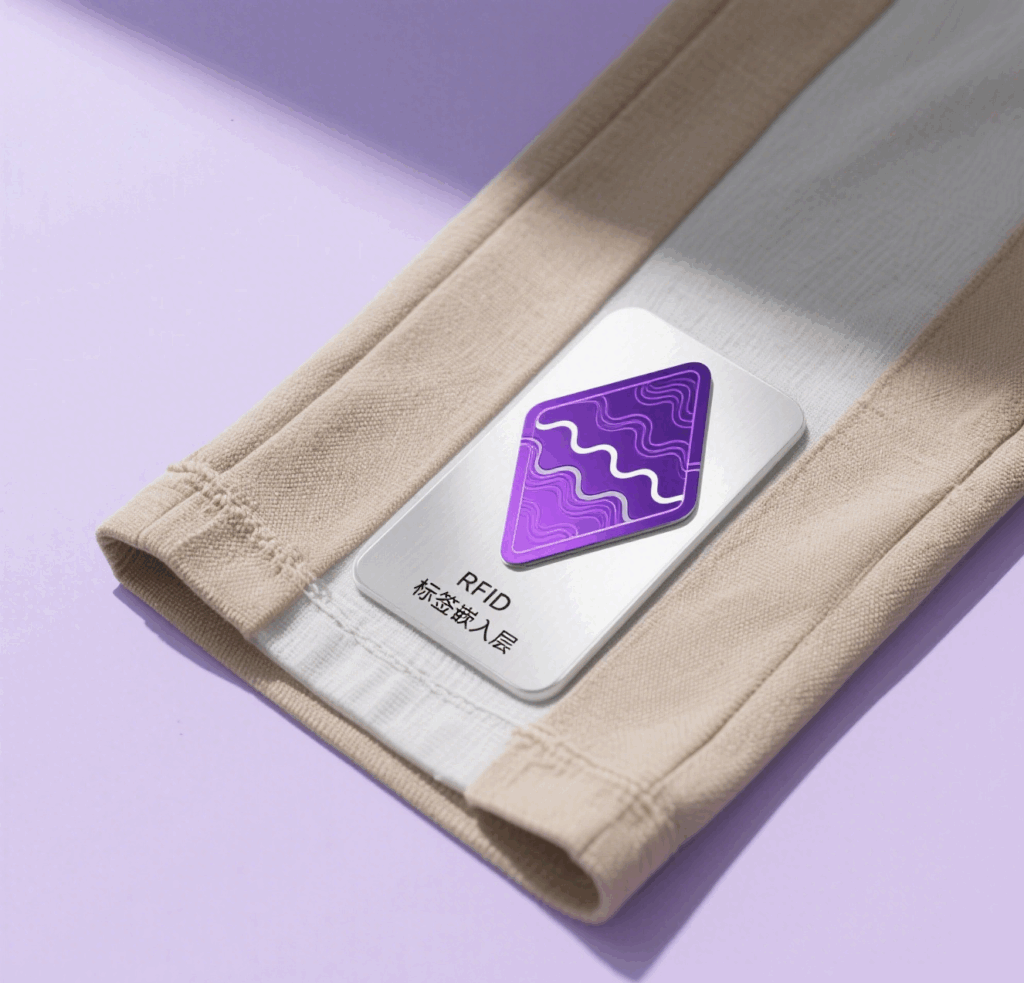
Sew-in RFID Tags
Features: Tags are stitched into seams or inside collars
Materials: Sealed and coated for durability and flexibility
Applications: Workwear, hotel linen, military uniforms
Advantages: Strong attachment, tamper-resistant, consistent reading
Limitations: Slightly thicker; better for outerwear or uniforms

| Garment Type | Recommended RFID Tag Type | Key Features |
| Underwear / Babywear | Fabric label | Soft, skin-friendly, close-range |
| Uniforms / Schoolwear | Embedded or Sew-in | Durable, hidden, anti-theft |
| Fashion Retail | Hang Tag + Embedded combo | Anti-counterfeit + Inventory control |
| Industrial Linen | Sew-in tag | Water-resistant, durable, washable |
Key factors to consider:
Is the tag washable?
Will the tag touch the skin?
Is anti-theft or tracking required?
Will the tag be reused or disposed of?
As the fashion and textile industry accelerates toward digital transformation and anti-counterfeit protection, selecting the right RFID tag is critical. By considering the garment’s material, use scenario, and lifecycle, businesses can develop optimized RFID tag solutions that ensure performance, durability, and customer comfort.
Need help with samples, tag selection, or custom RFID packaging? Contact us for tailored RFID integration advice.
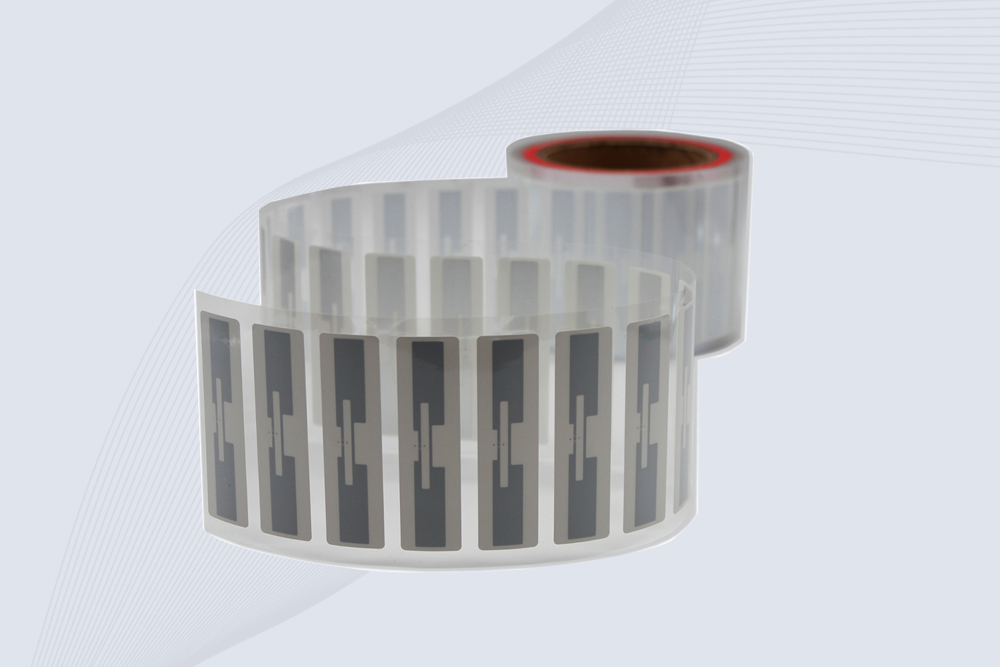
CYKEO Passive RFID Tags are made for wet and high-humidity environments where standard labels do not last. This rfid passive tag is often used around liquids, chemicals and temperature changes, providing stable reading distance and long data life for industrial tracking.
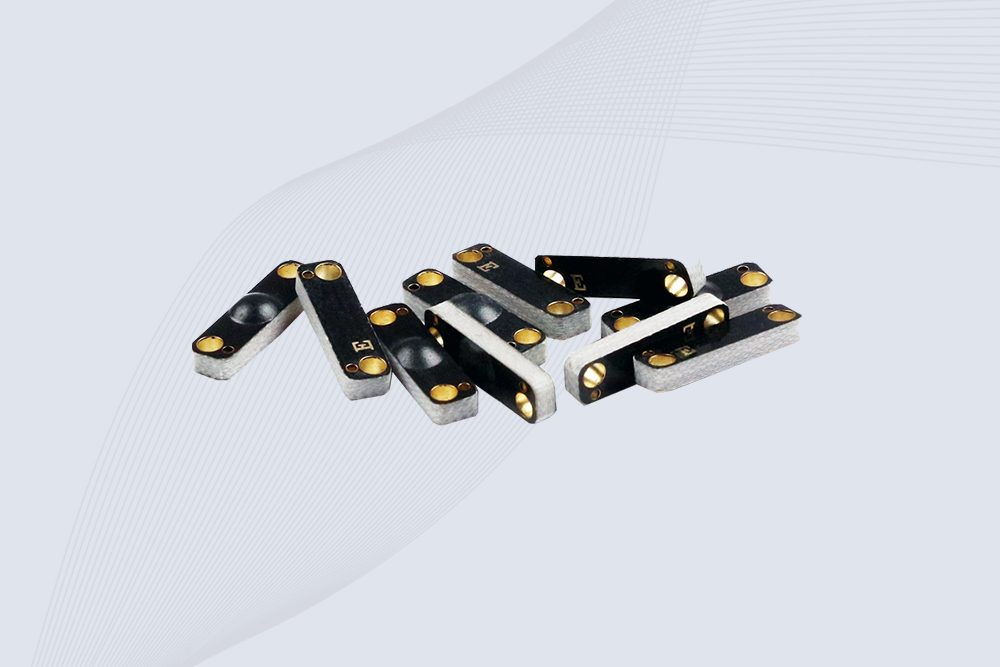
CYKEO CK-BQ1504 Metal RFID Tags is a compact anti-metal UHF RFID solution built for direct mounting on metal surfaces. With stable 8-meter read range, Ucode-8 chip, and long data retention, this rfid metal tag fits tools, containers, automotive parts, and industrial asset tracking.
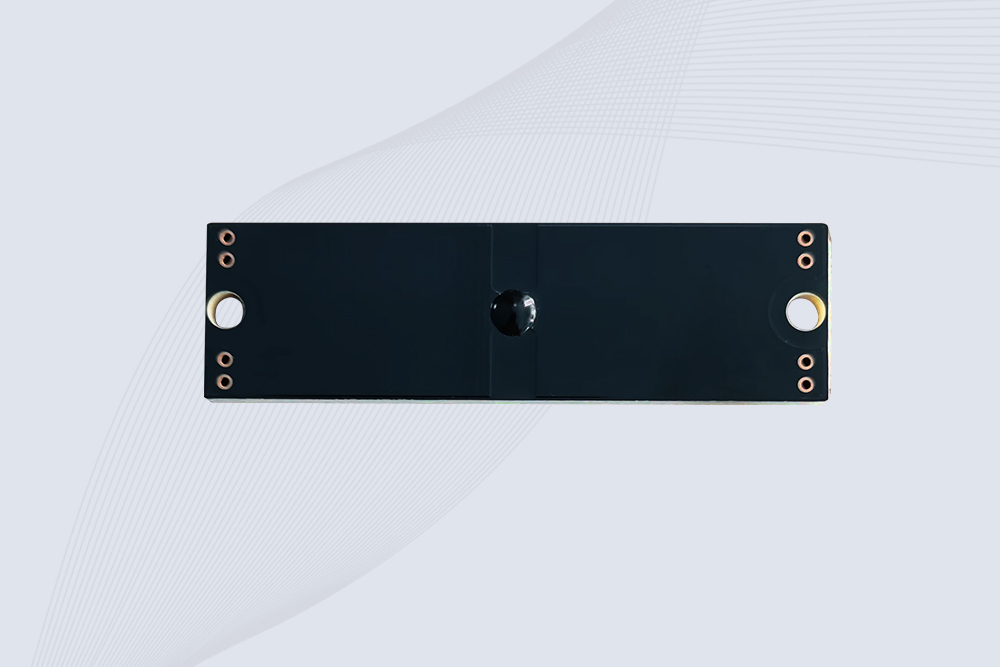
CYKEO CK-BQ7020 On-Metal RFID Tags are designed for reliable tracking on steel and metal surfaces. Built with an FR4 epoxy body and industrial-grade chips, these On-Metal RFID Tags deliver stable performance, long data life, and chemical resistance, making them a dependable RFID anti-metal tag for harsh environments.
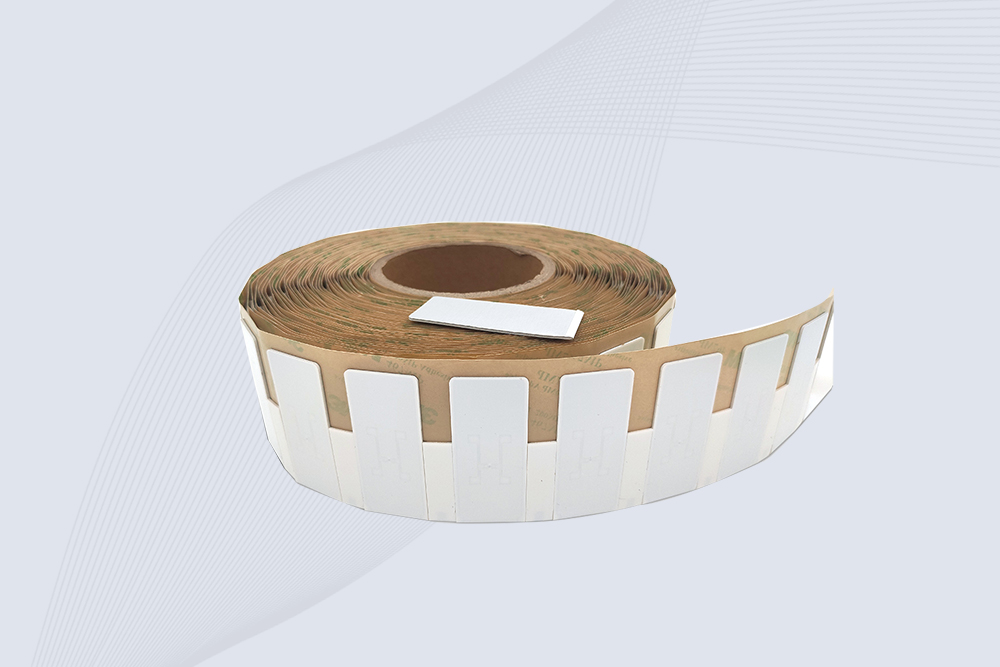
The CYKEO CK-BQ6025 Anti-Metal RFID Tag is built for metal surfaces where standard tags fail. Designed for long-range performance, harsh environments, and stable data retention, this Anti-Metal RFID Tag is ideal for industrial assets, containers, and equipment tracking using on metal RFID tags.
Learn how industrial-grade fixed RFID readers withstand extreme temperatures, dust, moisture, and vibrations in factories, mines, and outdoor settings.
MoreDiscover whether NFC and RFID technologies are replacing QR codes, their pros and cons, and how Cykeo integrates all three for hybrid solutions.
MoreLearn how to distinguish fake RFID tags from genuine ones. Discover security features, performance differences, and Cykeo’s solutions for counterfeit detection.
Morerfid tag frequency explained from real deployments. Learn what LF, HF, and UHF actually change in range, speed, and reliability with CYKEO.
More